| Slowly, dealers’ lots are filling back up |
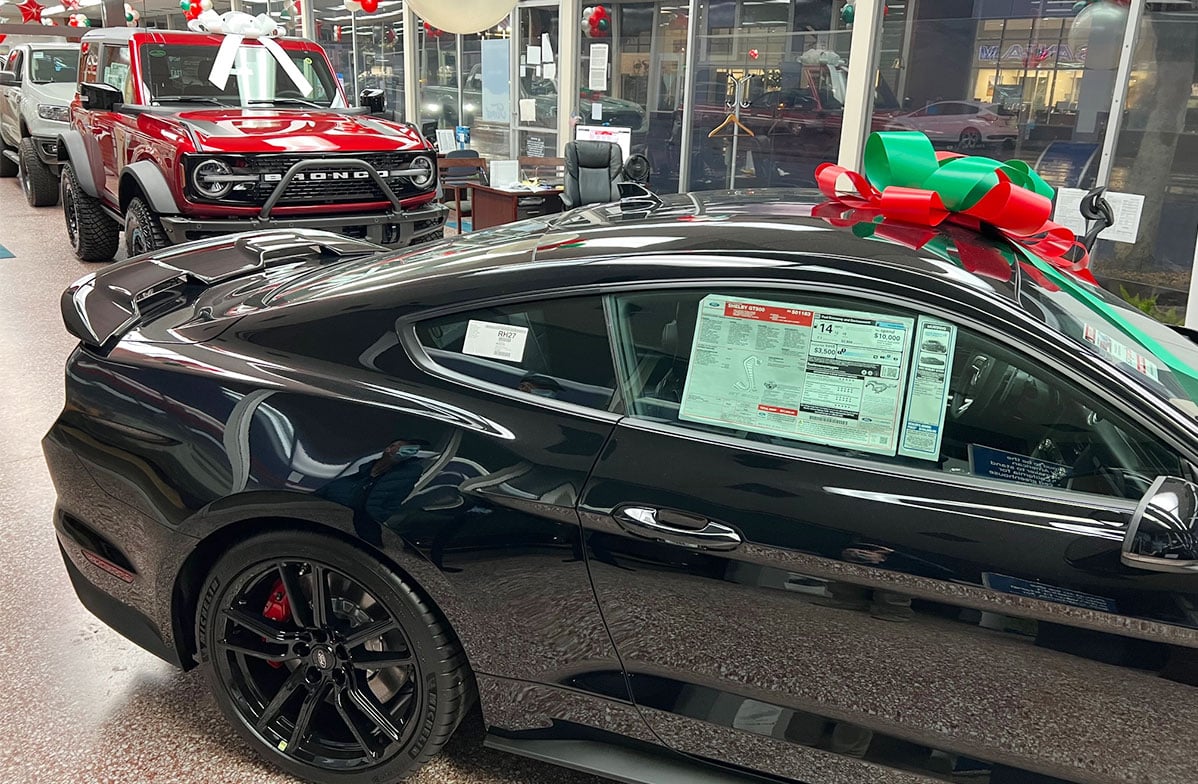
It’s been at the top-of-mind for every dealer for at least the last 18 months.
It’s been the single biggest thing holding back sales, regardless of brand.
It’s kept millions of consumers from buying a new vehicle.
It’s not the economy — it’s inventory.
Now, thanks to an unwanted helping hand from high interest rates and low incentives that have slowed the sales rate, new vehicle inventory is climbing again, and picking up speed, as we explain in Monday’s issue of Automotive News.
According to Cox Automotive and the Automotive News Research & Date Center, new-vehicle inventories have topped 1.8 million again for the first time since May 2021, giving dealers who have spent much of the last two years finding creative ways to keep customers waiting an opportunity again to satisfy at least some of their desires for immediate delivery.
There is, of course, nothing magical about 1.8 million as a benchmark for new-vehicle inventory in the United States, especially when the industry spent so long before the pandemic with more than double that figure on hand at any given point. But what is noteworthy is the pace that inventory is building again: According to Cox, the industry has added almost 500,000 vehicles to inventory since the end of September, and stands more than 715,000 more vehicles on lots or on the way than it did a year ago.
For longtime dealers, historically low inventory levels have been uncomfortable, if profitable. And they’ve also allowed dealers and brands to experiment in unprecedented ways to find the right levels of vehicles stocks. The big question is, will this discipline hold?
 |
|---|
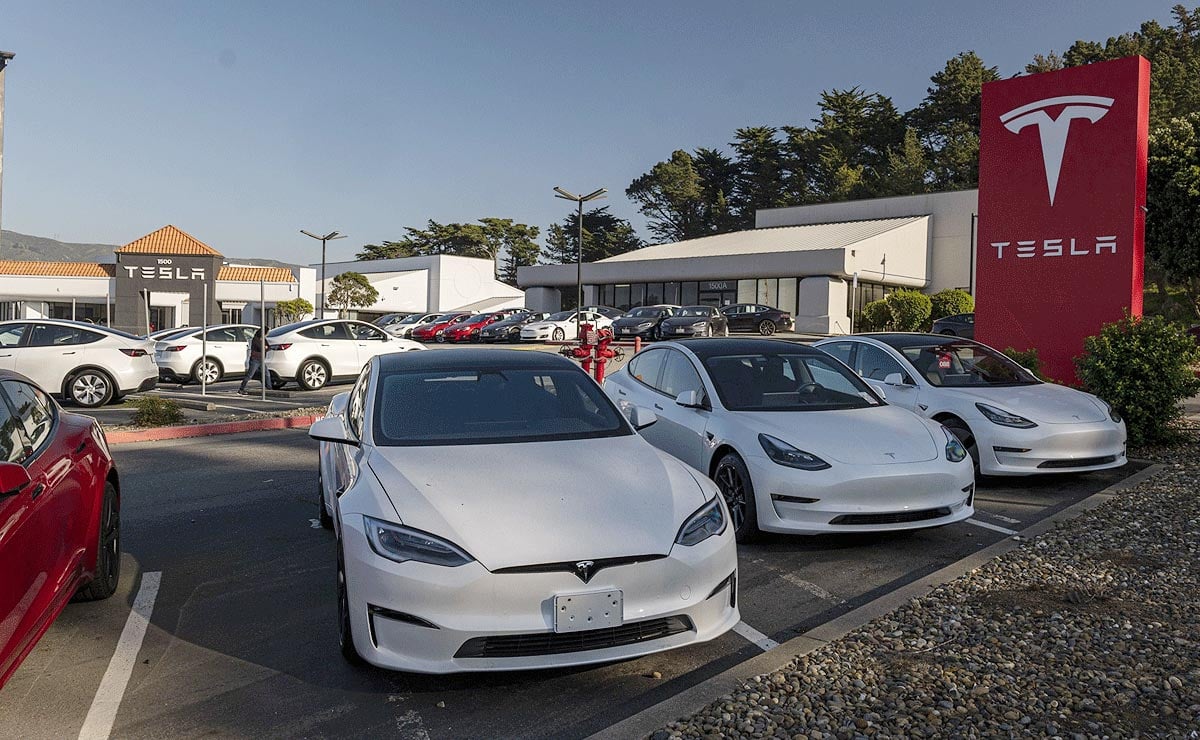
“Not only do luxury buyers want EVs, but the one that only sells EV is now the sales leader.” |
— TYSON JOMINY, VICE PRESIDENT OF DATA AND ANALYTICS, J.D. POWER |
 |
|---|
In Monday’s Automotive News:
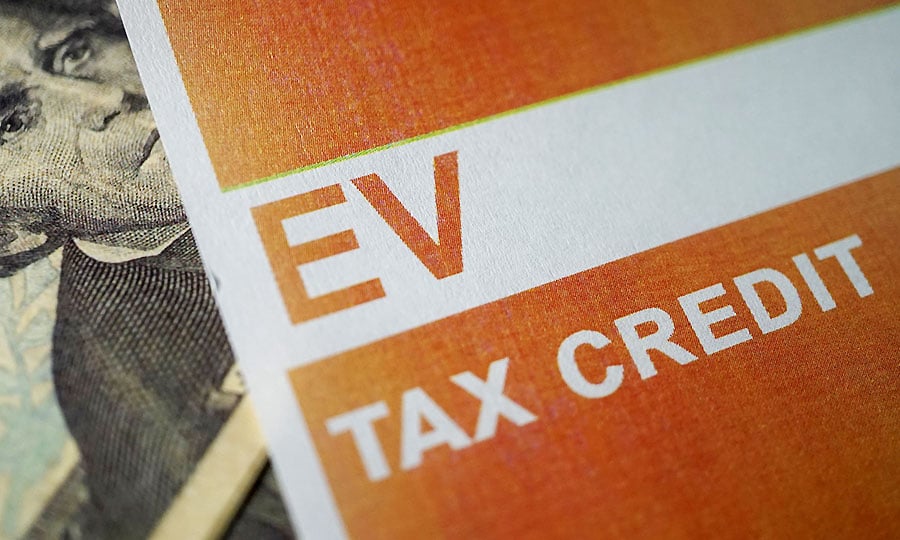
Clear as mud: The U.S. Treasury Department’s attempt to clear up confusion on the Inflation Reduction Act’s revised $7,500 tax credit for new electric vehicles only made things worse, stirring up more questions than answers for dealers seeking to understand its complex maze of rules and timelines. Automotive News explains that with new eligibility restrictions on sticker price and buyer income taking effect this month, several dealers and tax experts say more guidance is needed from the federal government to assess vehicle and customer eligibility. Further muddying the waters, Treasury missed its year-end deadline for issuing guidance on the tax credit’s critical mineral and battery component requirements. That guidance is now expected in March. The delay has left dealers, automakers and consumers with an incomplete rulebook for navigating the complicated — and “increasingly overwhelming,” as one analyst put it — federal tax incentives.
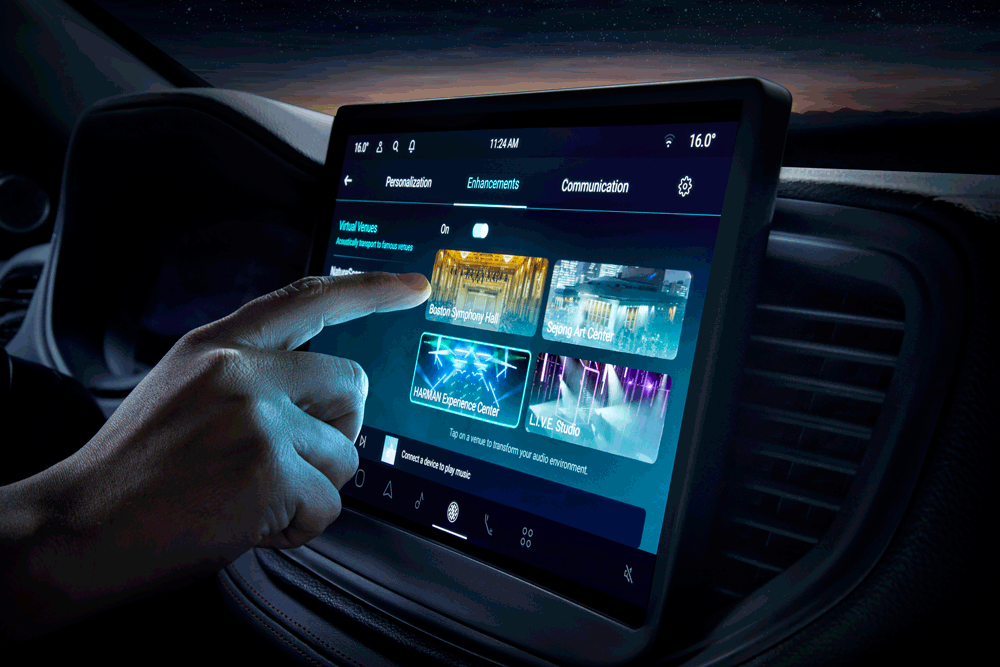
One supplier’s cockpit of the future: Automotive tech company Harman sees new cabin features such as monitoring a driver’s vital signs or upgrading audio experiences as an essential marketing strategy automakers can use to attract buyers. “The in-cabin experience becomes the differentiator,” Armin Prommersberger, senior vice president of product management at Harman Automotive, told Automotive News. That includes a vehicle’s displays, user interfaces, features such as cabin climate controls, and connectivity, Prommersberger said. Automotive News explains further that one Harman innovation unveiled at CES even uses neuroscience, artificial intelligence and machine learning to expand the capabilities of the company’s Ready Care solution, centered on the well-being of the driver and passengers.
Weekend headlines
Auto suppliers, manufacturers grapple with declining morale, mental health pressures: Employee morale has suffered profoundly over the past three years as auto industry troubles, including staffing shortages, production volatility and recession fears weigh on the workforce.
Carl Hahn, VW CEO who led automaker’s China expansion, dies at 96: During Hahn’s decade-long tenure, VW built factories in China, established the Beetle as an American pop culture icon, and started Audi’s transition to the luxury-car segment.
Proper Tooling to close Detroit area plant, lay off 130 workers: The longtime automotive tooling firm is planning to close its plastic tooling and molding plant near Detroit and lay off 130 workers due to financial hardship and a private equity takeover that went sideways.
 |
|---|
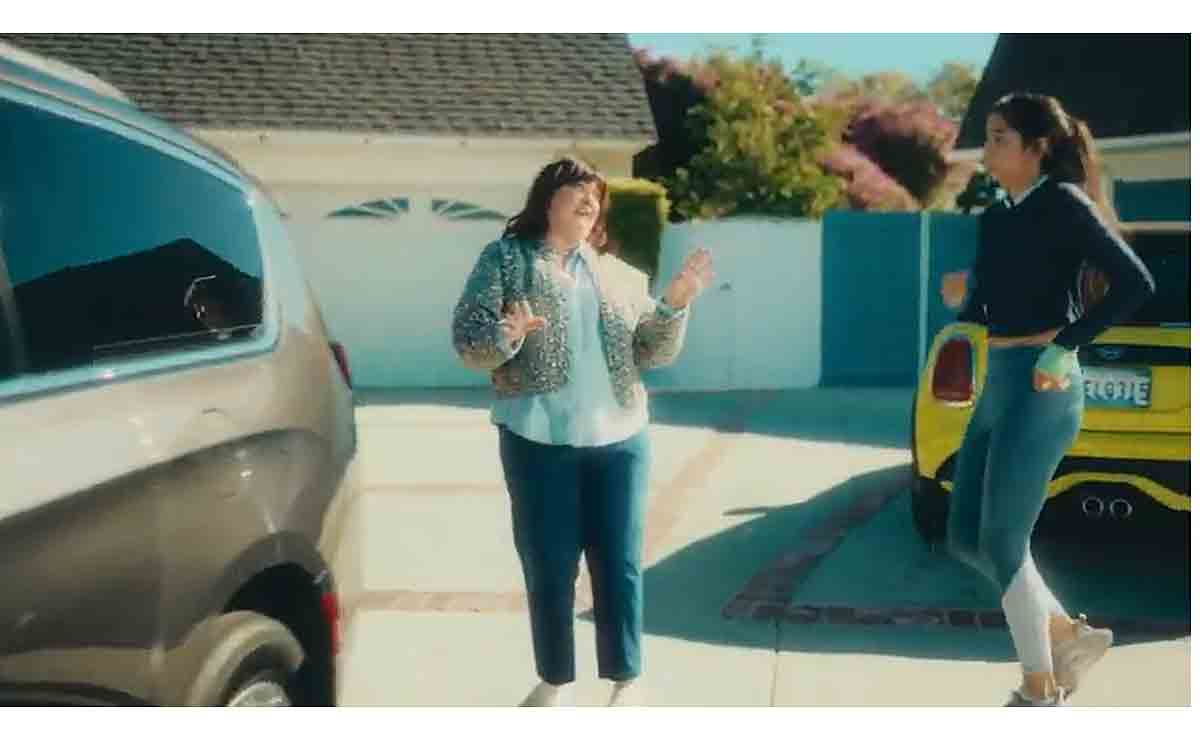 Used retailers sit out Super Bowl: Used-car giant CarMax and online used-vehicle retailers Carvana and Vroom will not air ads during Super Bowl LVII. All three are undertaking cost-saving measures to offset declines in sales and revenue.
Used retailers sit out Super Bowl: Used-car giant CarMax and online used-vehicle retailers Carvana and Vroom will not air ads during Super Bowl LVII. All three are undertaking cost-saving measures to offset declines in sales and revenue.
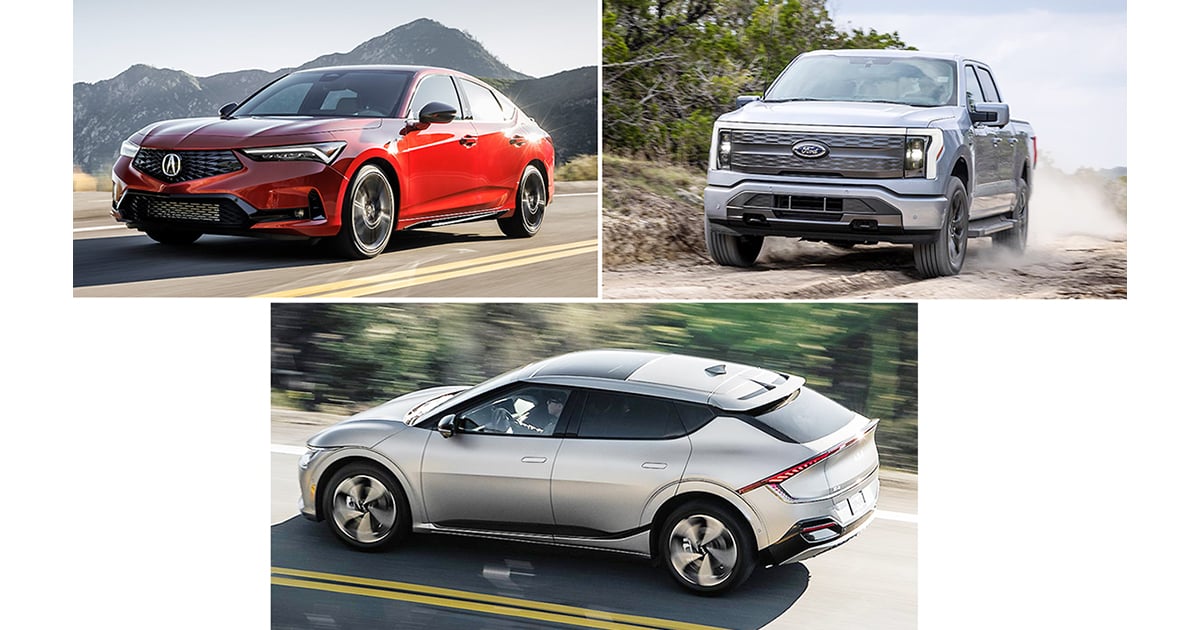
NACTOY winners: The electric Ford F-150 Lightning was named 2023 North American Truck of the Year while the Kia EV6 was named Utility Vehicle of the Year and the Acura Integra took Car of the Year honors. The Lightning’s victory marks the third-straight year Ford has won the truck award.
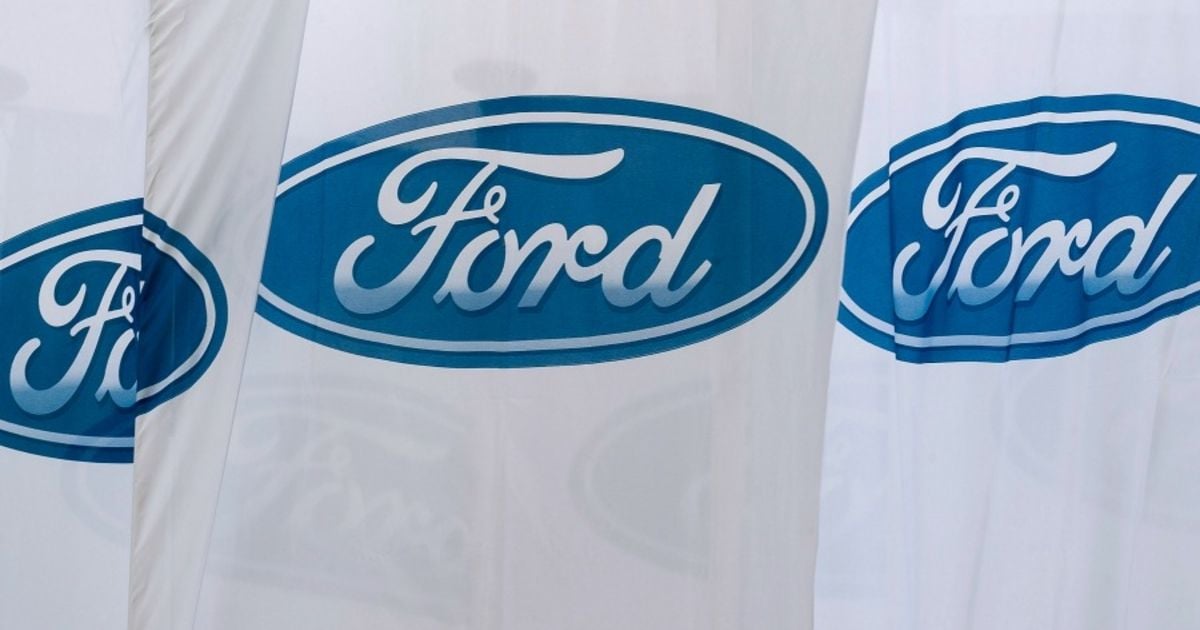
Ford’s top labor negotiator retires: John Savona, Ford’s top labor executive, is retiring ahead of contract talks with the UAW later this year. His successor will be Bryce Currie, who previously was chief manufacturing officer at supplier Johnson Controls.
 |
|---|
 |
|---|
 |
|---|
Jan. 20, 2020: A visiting Webasto employee from Shanghai introduces the novel coronavirus to colleagues at the supplier’s headquarters in Stockdorf, Germany. Eight days later, Webasto closes the German offices for two weeks for deep disinfecting.
